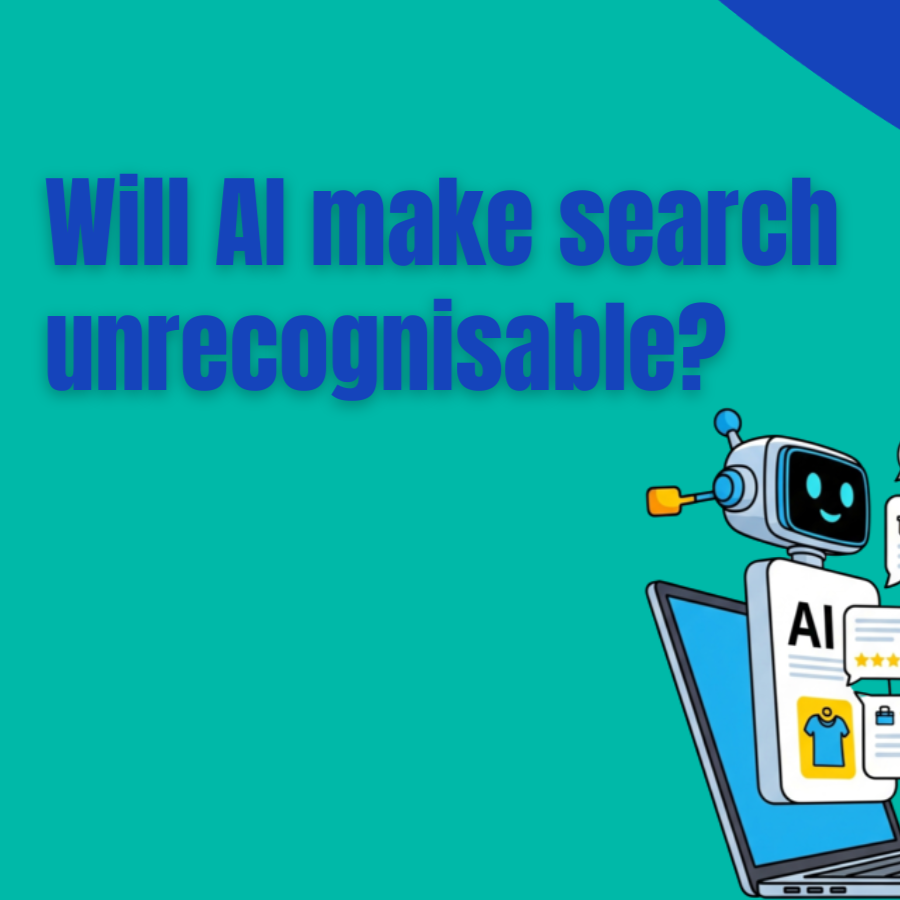Is AI Usurping the SERPs?
How is AI changing the search results experience - and what might it mean for advertisers? We consider the latest from Google, Bing, Perplexity and Rabbit and what it will mean as AI begins to usurp the SERPs
AI Arrives In Search Results
Microsoft’s partnership with Open AI meant they could add a Chat-GPT box to Bing back in 2023 - but it didn’t really change anything when you could use the free version of Chat-GPT directly. There was no discernible uptick for Bing vs Google.
Now both Google and Microsoft have got betas for a much more full integration of generative AI into their results pages.
Google’s Search Generative Experience (SGE) has been in beta since May 2023. This involves Google injecting generative AI directly into the search box. The resulting conversation at the top of page then pushes old style SERPs to the bottom.
Microsoft are slightly further down this path - they have developed something they call ‘Deep Search’. This was previewed in Dec 23, and in Feb 24 rolled out as a beta. It goes beyond Co-pilot answers slotted into the page to integrate generative AI as a layer on top of Bing’s web index. GPT-4 discerns intent to give the ‘ideal set of results’. We’ve tested it, and it works well - with one catch. The page takes up to 30 seconds to load. Unless or until this loading time comes down to one or two seconds, this will find it hard to cut through to a big audience.
AI SERPs and Search Terms
Advertisers are asking: How will AI SERPs change actual search terms? So far, we haven’t seen a detectable shift, but of course it’s early days. Take up of generative AI powered SERPs is small now - but the potential is for search terms to recede even further from view and important than they currently have already. It’s likely that the search term will be replaced more fully with a category like ‘search intent’, as it will be just the start of a tree of terms, questions, and links.
Google and Bing haven’t clarified how or if they will report on the conversational journey users have with AI, e.g. the ‘final link’ or the original term, or both. We can guess from previous trends with these platforms that it will be black box and hidden from advertisers, with only the bigger intent surfacing.
We can also see clearly from previous changes to search - auto-suggest, that AI Search will mean that user search behaviour itself will change - people will input the minimum they need to guide the AI to show what they need.
AI Search Challengers
What about AI challengers to the old SERPs? Does AI open up a gap for Google and Bing to be disrupted?
While Google and Microsoft work out how to integrate generative AI into search without disrupting their advertising revenue stream, new start ups are bringing AI-first search engines to the market without the legacy these monoliths have.
Founded in 2022, Perplexity has gained a lead as the primary ‘results engine’ - it answers questions and engages in conversation to refine results. Perplexity has its proprietary AI powered by Copilot for free, or you can choose Anthropic’s Claude 2 or Open AI’s GPT-4 under its subscription based ‘pro plan’.
It costs a lot to get traction and run a search engine - in Feb 24 Perplexity raised $73M in Series B funding, with investors including NVIDIA and Jeff Bezos. Currently, the app is regularly in the top 10 charts on the App Store in US.
Will this funding be enough road to be a contender, however? Revenue is currently only based on subscriptions - Perplexity CEO Aravind Srinivas says ‘no plan for ads’. So for advertisers, it’s one to watch in the longer term.
Rush to AI Voice Search
This is the biggest implication of AI search - it will build a new layer and relegate individuals apps and search results pages to the background.
Scrolling through long SERPs or app icons on your phone’s home screen manually is the next target for AI voice search - aiming to usurp Siri and other voice assistants with an ‘actually intelligent’ AI portal.
Currently this is taking the form of a smaller ‘control’ device - whether it’s a watch, ring, or post-it note sized computer like the rabbit r1. All of these can be spoken to directly, relegating your expensive and cumbersome phone to the background.
Rabbit, for example, aims to bypass individual app APIs in favour of ‘learning how to use apps themselves’ - such models have been trained on Uber and Spotify. Cant remember which takeaway app has that particular local restaurant? No need to scroll around - just ask your AI layer.
The idea of a ‘search engine’ would then be something in the background the AI accesses - which is why it is startups, not Google, who are pioneering these devices.
Google Hits Back at AI Junk
There’s another, less controlled way in which AI is affecting the SERPs: a flood of AI generated content, profiles, and endlessly proliferating websites.
Google’s March Core update to organic rankings was most notable for pushing back at AI generated content trying to game the algorithm. Google said it aimed to remove up to 40% of websites listed - ones providing useless information and poor experiences were ruthlessly delisted overnight.
Will AI SERPs Move Clicks From Organic to Paid?
There’s a second dynamic to the rise of AI in the SERPS - the relation between paid and organic.
AI SERPs may also pull more clicks from organic to paid by blurring the boundary completely. Preliminary findings from the launch of Google’s Search Generative Experience (SGE) beta in the US found that organic clicks dropped 20-40% when the SGE was present vs not.
So, for Paid Search, AI SERPs may prove to be a source of growth - but then again, Google and Bing may preserve existing trends as hybrid search results become more common.
In Summary
For content, experience cannot be sacrificed in the name of AI (as Google’s March update underlines)
As Bing Deep Search speeds up and Google roll out Generative Search Experience, actual search terms will increasingly be subsumed by AI
Our understanding of CTR and the paid/organic relationship is going to have to change across 2024
Through our proprietary tools and methodologies, Kinase has a head start in monitoring and adapting to these changes - helping our clients change their strategies and campaigns as the impacts of AI on the user side as well as the platform side deepen.













